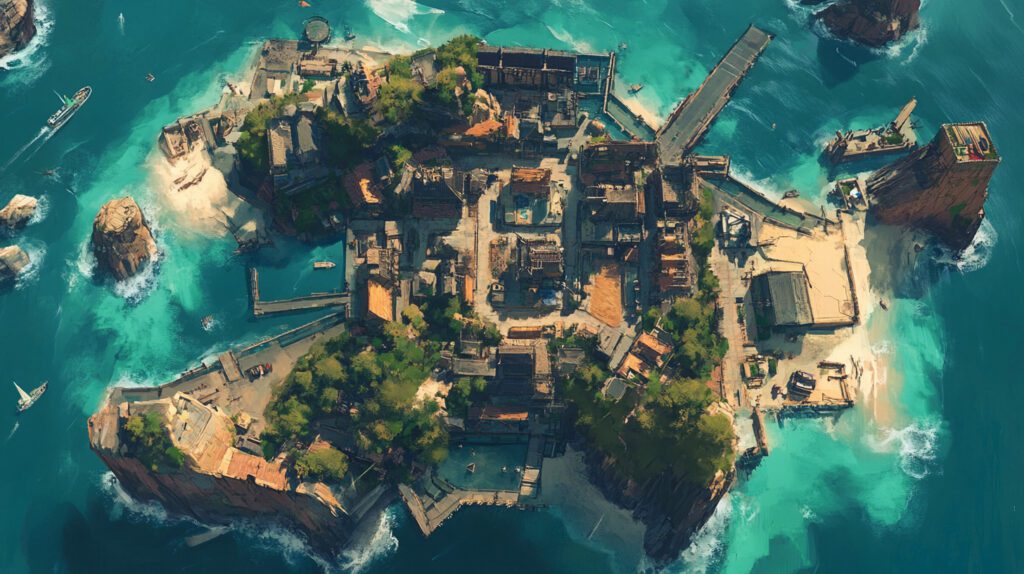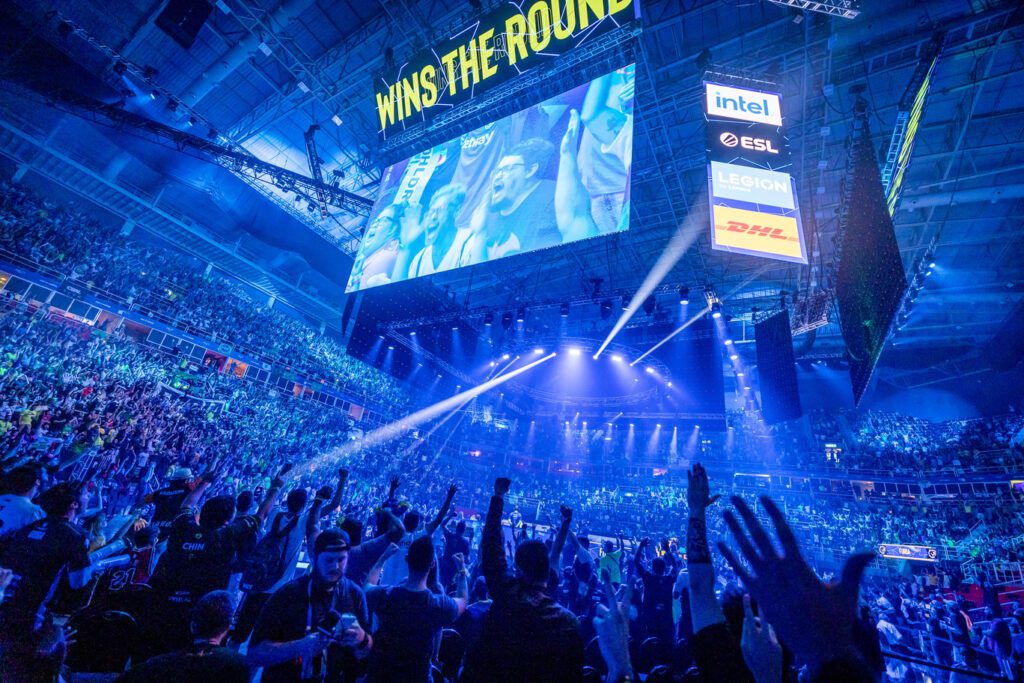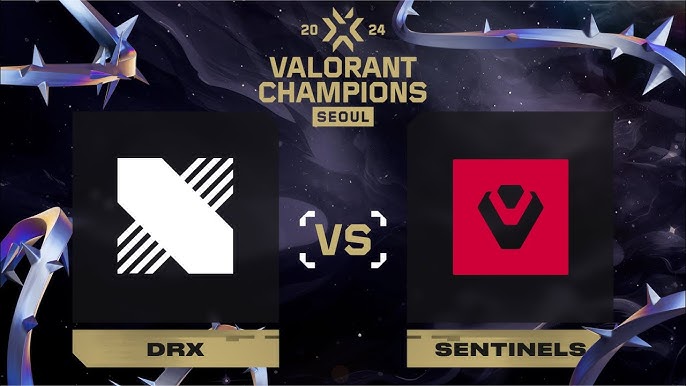At the highest level of Valorant, even the smallest advantage can make the difference between winning and losing. While teams focus heavily on in-game strategies and mechanics, there is a hidden strategy that often gets overlooked but can drastically influence a team’s performance: mastering the map veto process.
A successful map veto can offer a significant edge, yet most teams shy away from one key approach — having a full seven-map pool. Let’s explore why mastering all seven maps can be the secret weapon to dominating the Valorant scene and why more teams should embrace this strategy.
Understanding the Map Veto Process in Valorant
The map veto process determines which maps will be played in a Valorant series. The process typically follows a straightforward format: Team A bans a map, Team B bans another, and then each team picks one map, leaving the last map as the decider. Most teams in Valorant history follow a fixed strategy when it comes to the veto process, often relying on a “Perma ban,” where they consistently ban one map across all their matches.
A Perma ban allows teams to avoid playing maps they struggle with or dislike. This approach simplifies practice time, allowing teams to focus on the remaining six maps in the pool. Take Fnatic, for example, who in 2023 consistently banned Pearl in every match and still won two major tournaments that year. Clearly, the Perma ban strategy can work, but there’s an alternative that may offer even greater flexibility and success: mastering all seven maps.
The Advantages of Playing All Seven Maps
While it might sound straightforward, having a full seven-map pool is a rarity in Valorant. Teams like Gen.G in 2024 and FPX during their 2022 Masters Copenhagen run are prime examples of teams that succeeded by mastering all seven maps.
One significant advantage of mastering all maps is controlling the map veto. When teams have a Perma ban, their opponents can predict which map will be banned and plan accordingly. However, when a team is comfortable playing any map, they have the flexibility to adjust their bans based on their opponents’ weaknesses. This unpredictability makes it difficult for opponents to prepare, giving the team with a full map pool an upper hand.
For example, during the 2024 season, Gen.G played on every map in the pool, including challenging ones like Sunset. Although they occasionally struggled, the unpredictability in their vetoes allowed them to surprise their opponents, giving them an edge in close matches. This strategy was particularly effective in tournaments, where Gen.G frequently won best-of-three and best-of-five series by making the decider maps more favorable for themselves.
Owning the Map Veto: How It Can Make the Difference
Having a full seven-map pool enables teams to “own” the map veto, forcing their opponents into uncomfortable situations. Take the case of Fnatic, a team that consistently banned Pearl. If they faced an opponent that also wanted to ban Pearl, their opponent essentially gained a “free” ban since Fnatic would always ban it first. This leaves Fnatic’s opponents with more flexibility to pick favorable maps.
In contrast, a team like Gen.G, which doesn’t rely on a fixed Perma ban, can adjust their vetoes based on their opponent’s strengths and weaknesses. This flexibility often leads to more favorable decider maps. For example, if they ban their opponent’s best map first, then later ban their second-best map, the decider could be their opponent’s fourth or fifth favorite, giving Gen.G a significant advantage.
This strategy also played a key role in FPX’s success at Masters Copenhagen in 2022. By being willing to play all maps, FPX could strategically ban their opponent’s strongest maps and enter decider rounds on neutral or favorable grounds. In the grand final, FPX’s ability to handle the map veto process contributed to their 3-2 victory, as no single map was an obvious weakness for them.
Why Aren’t More Teams Adopting the Seven-Map Pool Strategy?
While mastering all seven maps offers clear advantages, few teams have adopted this strategy. Why? The primary reason is the increased demand on practice time and preparation. Developing strategies, team compositions, and protocols for every map requires a significant investment of time and effort. Many teams prefer to streamline their preparation by eliminating one map from their pool entirely.
Teams may also fear the risk associated with playing on maps where they are less confident. Even Gen.G, during their 2024 season, struggled on certain maps like Sunset, leading to some losses. However, the trade-off was worth it, as the flexibility they gained in the map veto process often outweighed these occasional losses.
As competition in Valorant continues to tighten at the top levels, teams are looking for every possible advantage. Gen.G’s strategy of playing all maps offers a blueprint for success in the ever-evolving Valorant meta. The key takeaway for teams: while mastering all seven maps requires significant effort, it can lead to better control over the map veto and greater success in crucial moments.
Frequently Asked Questions (FAQs) About the Valorant Map Veto
- What is a Perma ban in Valorant?
A Perma ban is when a team consistently bans the same map in every series. This allows the team to avoid playing a map they dislike or struggle with. - Why do most teams use a Perma ban?
A Perma ban simplifies the map veto process and allows teams to focus their practice on fewer maps. By eliminating one map, they can dedicate more time to mastering the remaining six. - What is the advantage of mastering all seven maps in Valorant?
Mastering all seven maps gives teams flexibility in the veto process, making it harder for opponents to prepare and potentially forcing them into uncomfortable situations. - Which teams have used the seven-map pool strategy successfully?
Gen.G in 2024 and FPX during the 2022 Masters Copenhagen tournament are notable examples of teams that successfully employed the seven-map pool strategy. - Is it difficult to master all seven maps?
Yes, mastering all seven maps requires significant time and preparation. Teams must develop strategies, compositions, and protocols for each map, which can be time-consuming.
As we look ahead to future Valorant seasons, it will be interesting to see if more teams adopt the seven-map pool strategy. With the competition getting tighter, mastering the map veto could be the key to gaining an edge over opponents.



